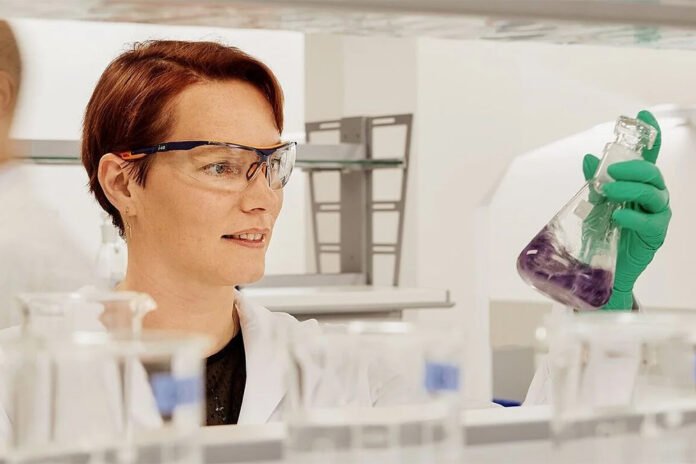The OEKO-TEX® ECO PASSPORT certification is gaining momentum as a critical tool for sustainability in the textile, leather, and footwear industries. This certification, aimed at chemical manufacturers, helps ensure that chemicals, colorants, and auxiliaries meet stringent environmental and safety standards, thus promoting greener manufacturing practices across the supply chain.
In an era where sustainability is more important than ever, the ECO PASSPORT certification enables companies to verify the ecological safety of their products. By ensuring that substances used in textile manufacturing do not pose risks to health or the environment, it offers businesses the opportunity to comply with international environmental regulations. This can be especially beneficial for companies looking to build trust with consumers who are increasingly concerned about the environmental impact of their purchases.
The certification process consists of several stages, ranging from self-assessment to comprehensive on-site visits. Chemical manufacturers and distributors can undergo a step-by-step process to ensure that their products meet the required standards. This transparency benefits not only manufacturers but also buyers in the textile and fashion industry, who can access a list of certified chemicals in OEKO-TEX®’s Buying Guide, ZDHC Gateway, and GoBlu BHive App.
The ECO PASSPORT certification aligns with the Zero Discharge of Hazardous Chemicals (ZDHC) program, reinforcing its significance in the global movement toward sustainable fashion. It also supports brands looking to demonstrate their commitment to environmental responsibility, offering a solid framework for adopting safer chemicals in their production processes.
For both chemical producers and textile manufacturers, the OEKO-TEX® ECO PASSPORT certification is quickly becoming an essential tool for those striving to achieve environmental compliance and a greener future in the textile industry.



